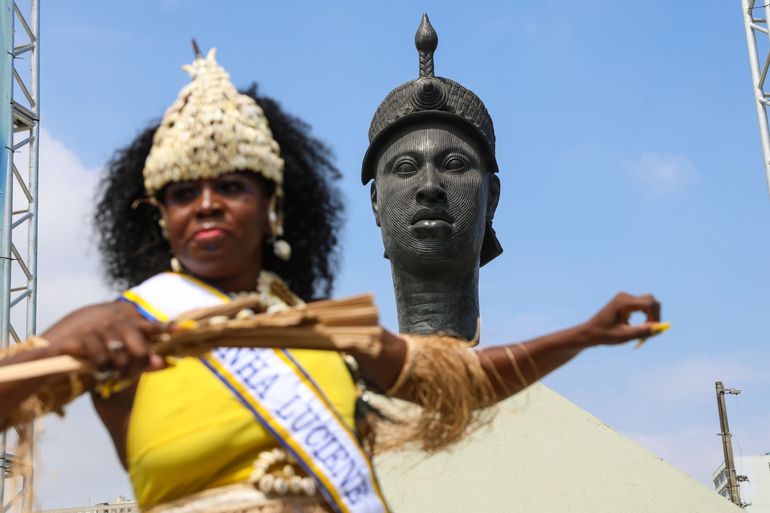For the first time in Brazil’s history, Black Consciousness Day is being celebrated as a national public holiday. Marked annually on November 20, this historic date commemorates the legacy of Zumbi dos Palmares, a symbol of Black resistance and the fight for racial equality in Brazil. The recognition fulfills a decades-long demand by Black movements, highlighting the significance of the ongoing struggle for justice in a country shaped by more than 350 years of slavery.
A Tribute to Palmares
The holiday pays homage to the Quilombo dos Palmares, the largest and most enduring settlement of escaped enslaved Africans in the Americas. At its peak in the 17th century, Palmares was home to as many as 11,000 people across what are now the northeastern states of Alagoas and Pernambuco. Historians like Danilo Luiz Marques of the Federal University of Alagoas describe Palmares as a unique sociopolitical entity, reflecting the traditions of the Bantu kingdoms from central Africa, to which many of Brazil’s enslaved people belonged.
“Palmares was not only a sanctuary of freedom but also a model of resistance, solidarity, and cultural preservation,” Marques said. Some scholars have even likened Palmares to the first republic on Brazilian soil, although its structure more closely resembled a Bantu kingdom.
The Journey to Recognition

The path to making Black Consciousness Day a national holiday has been long and fraught with challenges. The movement for its recognition began in the early 20th century, with activists seeking to challenge the narrative surrounding May 13, the day slavery was officially abolished in 1888. While May 13 traditionally celebrated Princess Isabel, who signed the abolition decree, it often overlooked the collective resistance and resilience of enslaved Africans themselves.
In 1971, a group of Black activists from Porto Alegre, known as Grupo Palmares, proposed November 20 as a more fitting date. This day marks the anniversary of Zumbi’s death in 1695 at the hands of Portuguese colonial forces. For these activists, the shift was about honoring the struggles and contributions of Black people in Brazil’s history, rather than attributing their liberation to a royal decree.
“The princess was glorified as if she had granted a favor to the enslaved people; as if she were a heroine,” said Deivison Campos, a historian at the Pontifical Catholic University of Rio Grande do Sul. “The Palmares group sought to counter this narrative, proposing November 20 as a way to honor the collective struggle for inclusion.”
National Celebrations
This year’s national celebrations include events across Brazil, with São Paulo alone hosting at least 38 activities honoring Zumbi, Palmares, and the ongoing fight for racial equality. The recognition of Black Consciousness Day as a national holiday also aligns with November’s informal designation as Black Consciousness Month, a time to celebrate Black culture and history while reflecting on the challenges that remain.
A Symbol of Progress and Resistance
The law enacting the holiday was signed in December 2023 by President Luiz Inácio Lula da Silva. It makes Black Consciousness Day Brazil’s 10th national holiday, a significant step in acknowledging the country’s complex racial history.
For many, this milestone is a reminder of Brazil’s enduring racial inequalities and the need to continue Zumbi’s fight for justice. Black Consciousness Day is not just a celebration of the past but also a call to action, urging Brazil to confront its legacy of slavery and strive for a more inclusive society.
As Brazil marks this historic first, the world watches as the nation embraces a narrative of resistance, resilience, and hope for the future.
Source: Reuters



